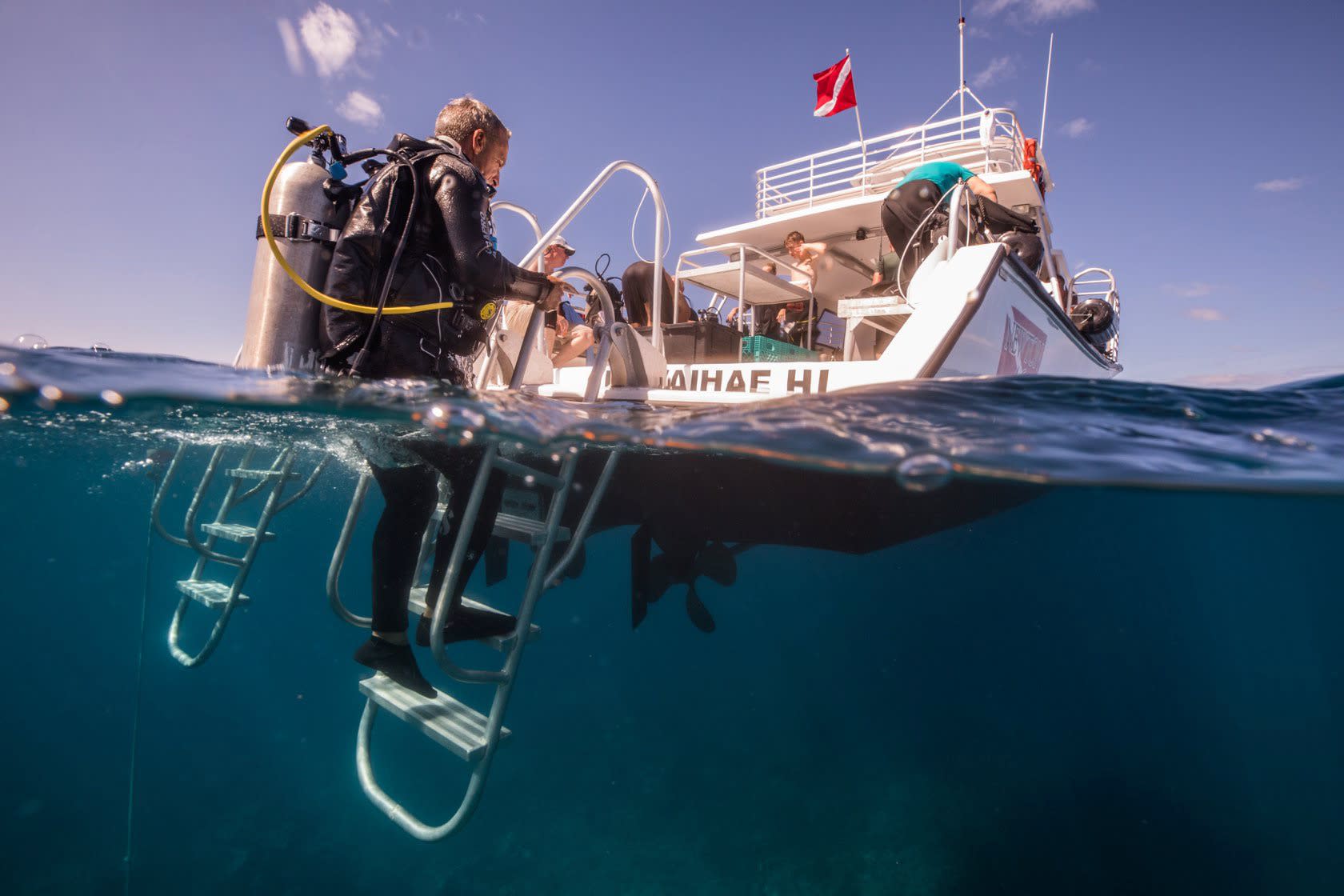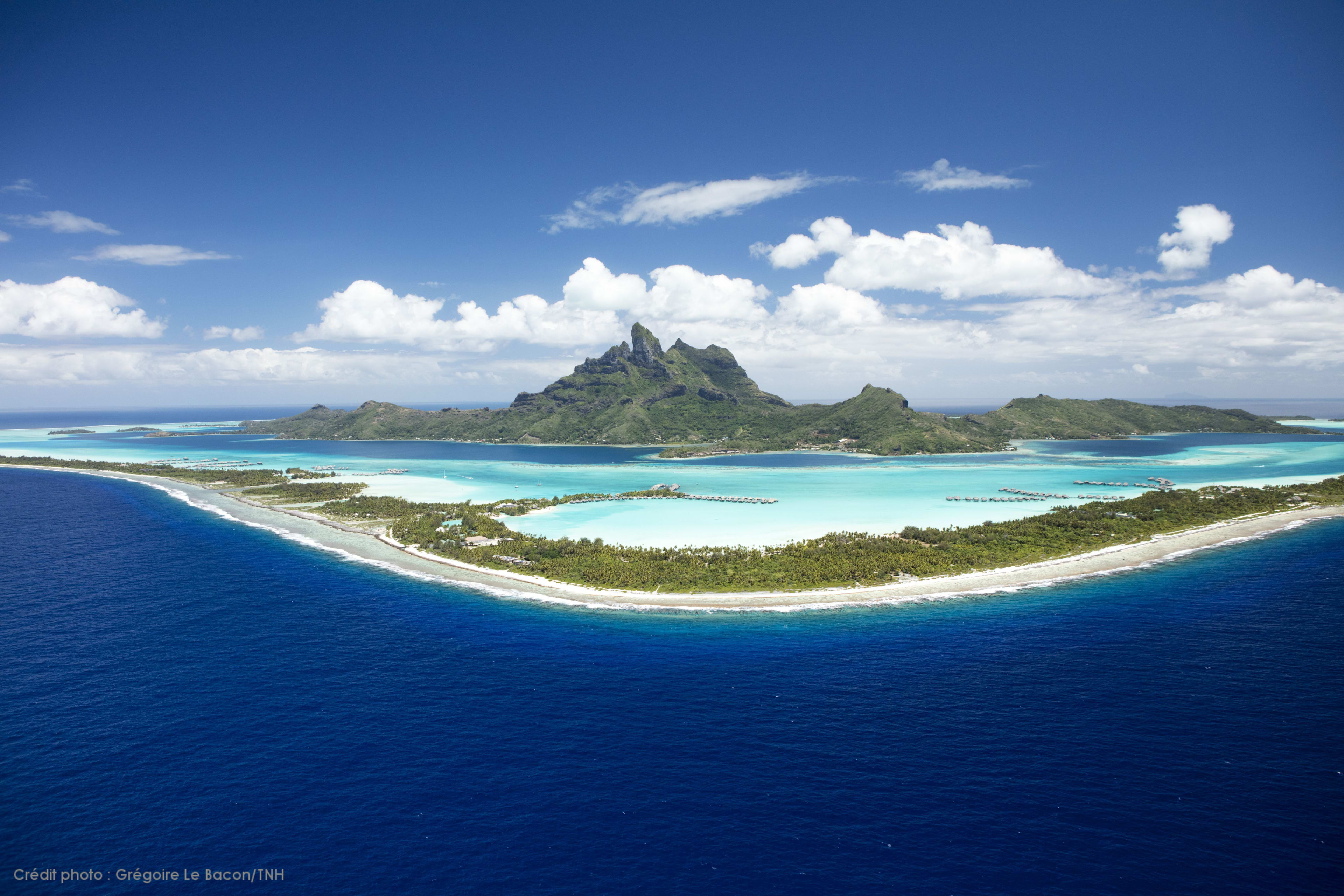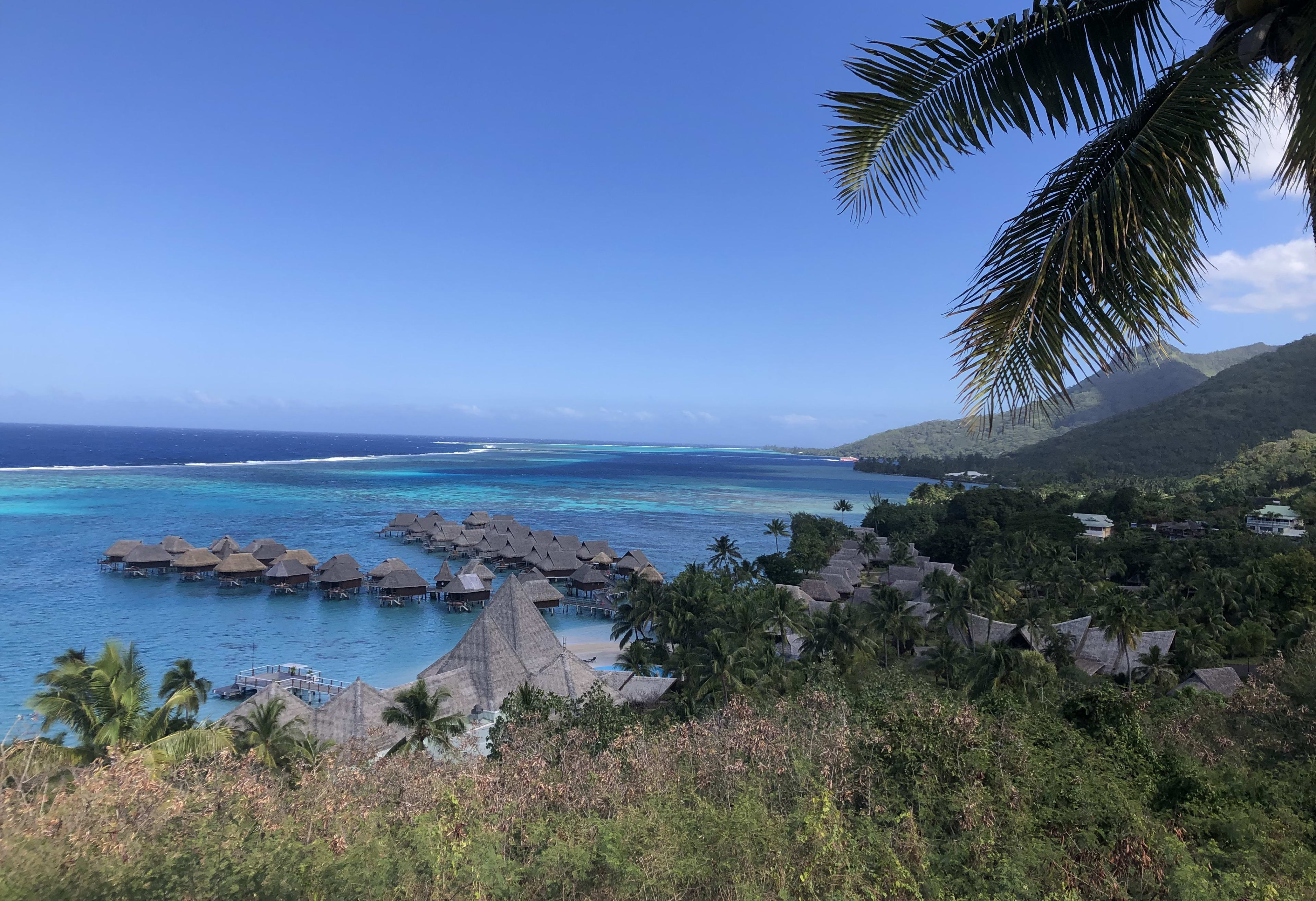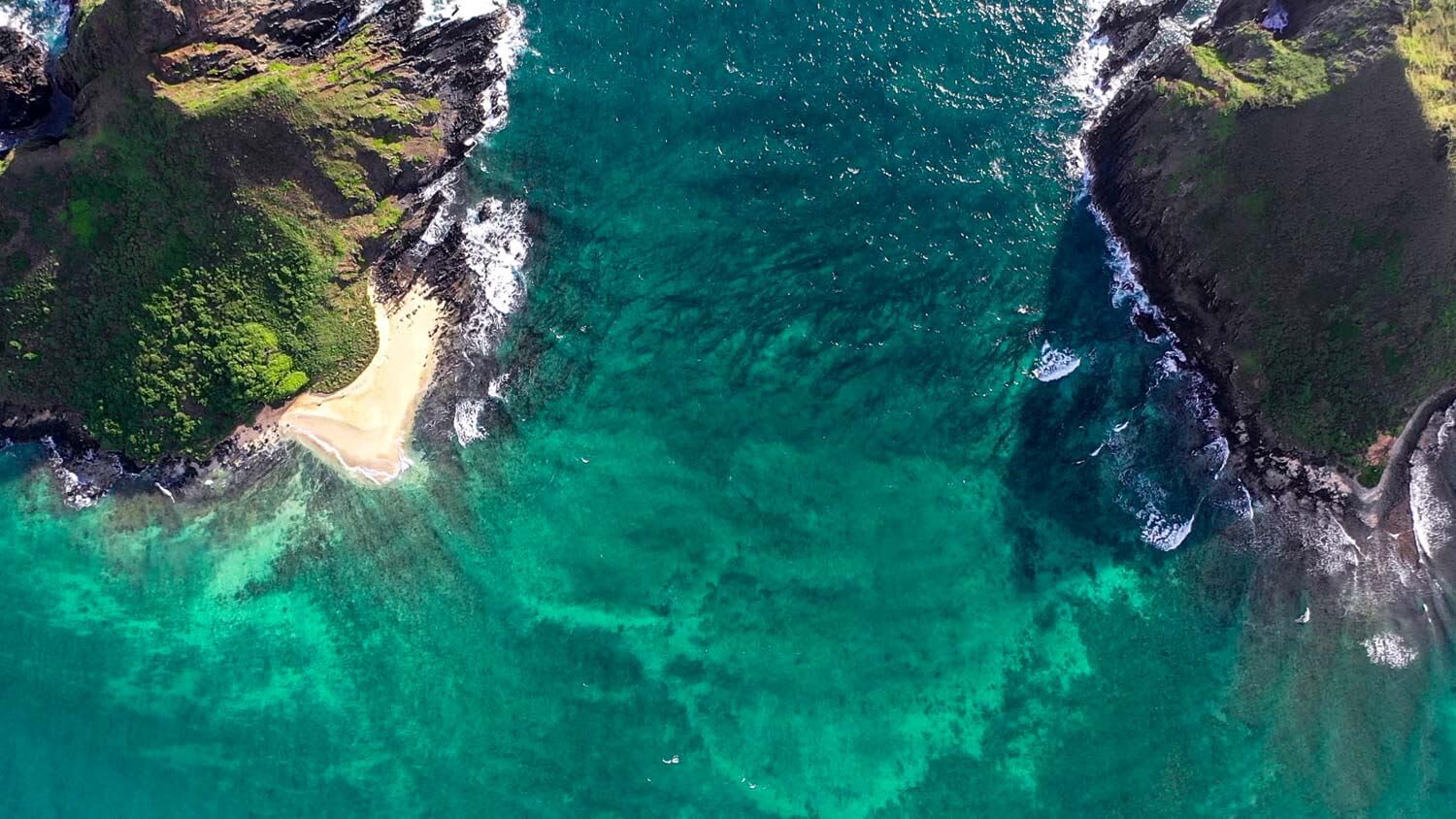Snorkelling: all destinations
243 activities available
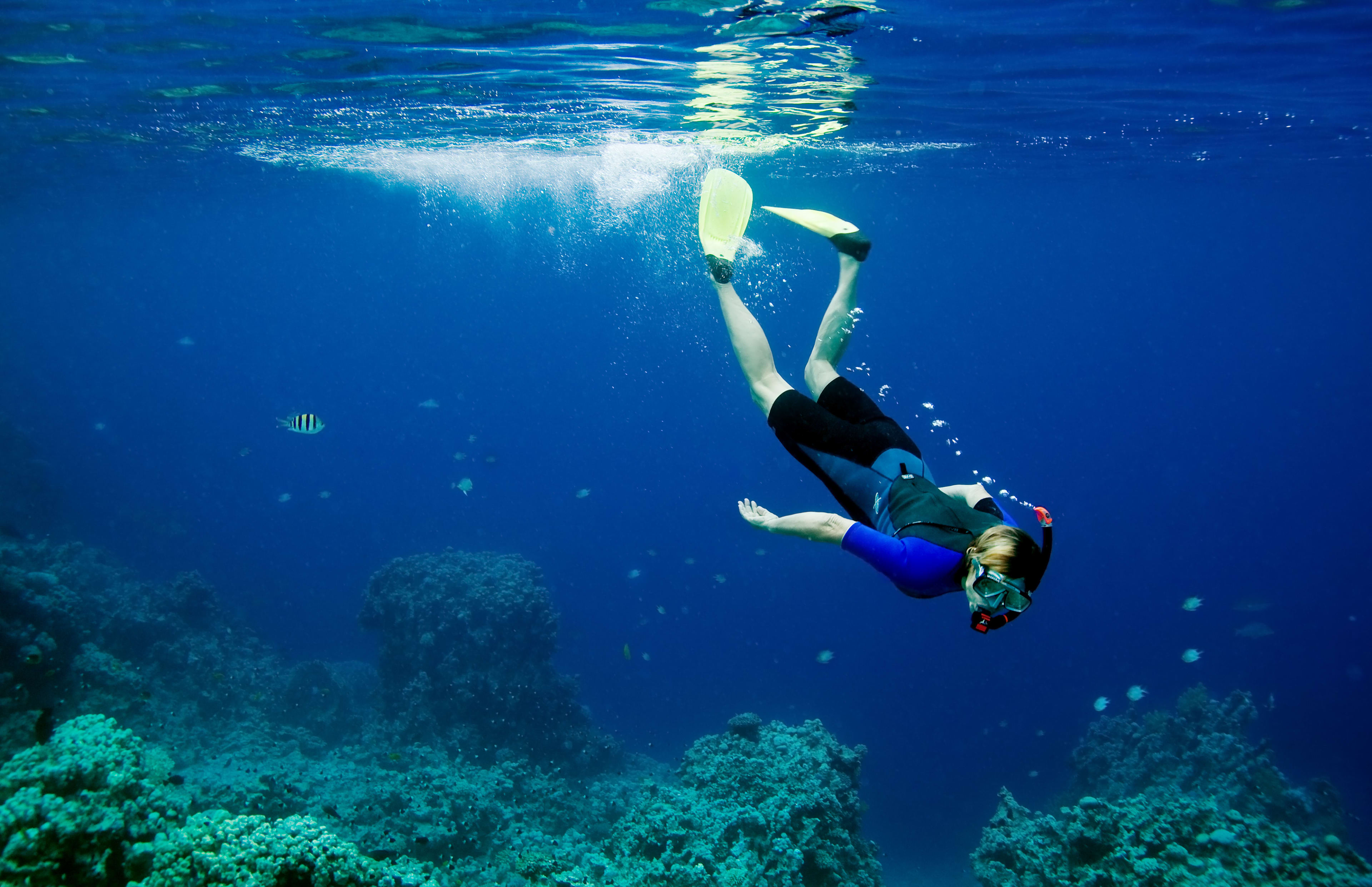
Snorkeling: Discover the Underwater World One Breath at a Time
Snorkeling is one of the most accessible ways to explore the fascinating world beneath the ocean's surface. With just a mask, snorkel, and fins, you can swim along the surface of the water and witness an incredible array of marine life, from colorful coral reefs to exotic fish, sea turtles, and even larger creatures like dolphins or sharks. It's a serene and immersive experience that allows people of all ages and skill levels to enjoy the wonders of the ocean without the need for complex scuba diving equipment or training.
Whether you're a first-timer or a seasoned enthusiast, snorkeling offers a unique opportunity to connect with nature, discover vibrant underwater ecosystems, and create unforgettable memories, all while floating effortlessly in crystal-clear waters.
The Origins and Evolution of Snorkeling
The history of snorkeling dates back thousands of years, with its roots in ancient civilisations. The earliest snorkelers were likely fishermen and pearl divers, using hollow reeds to breathe while they stayed submerged in shallow waters. Some of the first documented snorkel-like devices were found in Crete, where ancient divers used animal skins and hollow tubes to breathe underwater.
However, modern snorkeling as we know it began to evolve in the 20th century. During World War II, the development of advanced diving equipment for military purposes brought about innovations that influenced both scuba diving and snorkeling. The invention of the modern snorkel—paired with masks and fins—made underwater exploration more accessible to the general public, sparking an interest in marine tourism and conservation.
Today, snorkeling is a global activity enjoyed by millions. It has grown beyond being just a method for underwater breathing, evolving into a popular recreational activity. Thanks to eco-tourism and marine preservation efforts, snorkeling has become an essential way for people to connect with and protect the ocean’s delicate ecosystems.
Different Types of Snorkeling Experiences
Snorkeling offers a variety of experiences, ranging from leisurely swims in shallow waters to more adventurous explorations in challenging conditions. Here’s a breakdown of the most common types of snorkeling adventures:
Reef Snorkeling
The most popular form of snorkeling, reef snorkeling takes place in tropical locations where vibrant coral reefs thrive. These underwater gardens host a variety of marine life, including colourful fish, sea turtles, and sometimes even rays or sharks. Locations like the Great Barrier Reef in Australia or the coral atolls in the Maldives are world-renowned for this type of snorkeling.
Snorkeling with Marine Wildlife
For those seeking more interaction with marine animals, certain destinations offer the chance to swim alongside larger species like dolphins, sea turtles, and manta rays. Guided tours ensure that these experiences are conducted responsibly, ensuring both the safety of the snorkelers and the well-being of the animals.
Cave and Cenote Snorkeling
For a more unique adventure, some snorkelers explore underwater caves or cenotes (natural sinkholes) found in places like Mexico’s Yucatán Peninsula. These locations offer crystal-clear freshwater, and the chance to explore intricate cave systems and submerged stalactites, providing a completely different snorkeling experience.
Night Snorkeling
Night snorkeling is an exciting option for more adventurous snorkelers. Armed with underwater flashlights, snorkelers can witness the ocean’s nocturnal life, including bioluminescent plankton, sleeping fish, and creatures that only emerge after dark. It’s a completely different world once the sun goes down!
Cold Water Snorkeling
While most people associate snorkeling with tropical destinations, cold-water snorkeling is equally rewarding. In places like Iceland’s Silfra Fissure, snorkelers can glide through crystal-clear glacial waters between tectonic plates, experiencing unparalleled visibility and unique underwater landscapes.
Each of these snorkeling experiences offers something different, depending on your location, skill level, and appetite for adventure. Whether you're swimming above colourful reefs or exploring mysterious caves, there's a snorkeling adventure for everyone.
Essential Equipment for Snorkeling
One of the advantages of snorkeling is its simplicity; the equipment required is minimal, making it an accessible sport for all. However, using the right gear can make a big difference in your overall experience. Here’s a guide to the essential snorkeling equipment:
Mask: A well-fitting mask is perhaps the most important piece of snorkeling equipment. It allows you to see clearly underwater by creating an air pocket in front of your eyes. Choose a mask that fits snugly but comfortably, with a silicone seal that prevents water from leaking in. Some masks also come with anti-fog treatments or prescription lenses for those with vision impairments.
Snorkel: The snorkel itself is a simple tube that allows you to breathe while floating face-down in the water. There are various types of snorkels, including basic ones and more advanced versions with splash guards or purge valves that help prevent water from entering. Dry snorkels are ideal for beginners, as they automatically close off when submerged, ensuring that no water enters the tube.
Fins: Fins provide extra propulsion, allowing you to glide more efficiently through the water. When choosing fins, comfort and fit are key. Shorter fins are better for beginners or those in shallow water, while longer fins offer more speed and are preferred by experienced snorkelers or free divers.
Wetsuit or Rash Guard: Depending on the water temperature and your sensitivity to the cold, you may want to wear a wetsuit or a rash guard. In tropical waters, a rash guard can protect your skin from sun exposure, while in cooler climates, a wetsuit will keep you warm.
Snorkeling Vest: For those new to snorkeling or less confident in their swimming abilities, a snorkeling vest provides extra buoyancy. It allows you to float comfortably on the surface without expending too much energy, ensuring a more relaxed experience.
Investing in quality gear ensures not only a comfortable experience but also enhances your safety while snorkeling. If you're not ready to purchase your own equipment, many tour operators offer high-quality rental gear for your convenience.
Top Snorkeling Destinations Around the World
The world is full of incredible snorkeling spots, from tropical paradises to more remote and unique locations. Here are some of the best places to snorkel, with options for both beginners and more experienced adventurers:
The Great Barrier Reef, Australia
As the largest coral reef system on Earth, the Great Barrier Reef is an iconic destination for snorkelers. The reef is home to over 1,500 species of fish, along with a stunning variety of corals, rays, and turtles. This UNESCO World Heritage Site offers snorkeling experiences for all levels, with vibrant coral gardens located just off the coast of Queensland.
The Maldives
Known for its overwater bungalows and luxury resorts, the Maldives also boasts some of the best snorkeling in the world. Crystal-clear lagoons and vibrant coral atolls provide a home to manta rays, reef sharks, and countless tropical fish. Snorkeling here feels like swimming through an aquarium, with incredible visibility and calm waters.
Silfra Fissure, Iceland
For a unique cold-water snorkeling experience, the Silfra Fissure offers an unforgettable adventure. Located in Thingvellir National Park, this submerged crack between the North American and Eurasian tectonic plates features some of the clearest water on the planet, with visibility reaching over 100 metres. The striking underwater landscapes and intense blues of the glacial water make this an extraordinary destination.
Bora Bora, French Polynesia
The lagoon surrounding Bora Bora is a tropical paradise, teeming with marine life. Known for its turquoise waters and colourful reefs, this is a perfect snorkeling destination for those seeking a more relaxed, scenic experience. Many resorts offer guided snorkeling tours, giving visitors the chance to spot rays, reef sharks, and vibrant coral gardens.
The Galápagos Islands, Ecuador
The Galápagos Islands offer a once-in-a-lifetime snorkeling experience. The unique ecosystem, formed by volcanic islands, allows snorkelers to swim alongside playful sea lions, marine iguanas, and even hammerhead sharks. The waters around the islands are a haven for marine biodiversity, and snorkelers are treated to close encounters with creatures that can be found nowhere else on Earth.
Moorea, French Polynesia
Moorea, a tropical paradise in French Polynesia, is one of the best snorkeling destinations in the world. Surrounded by turquoise lagoons and vibrant coral reefs, the island offers snorkelers the chance to swim alongside rays, sharks, and colorful fish. Moorea’s shallow coral gardens make it accessible for all experience levels, and the crystal-clear visibility ensures you won’t miss any of the underwater magic. Highlights include the Tiahura and Opunohu lagoons, where encounters with stingrays and blacktip reef sharks are common.
Réserve Cousteau, Guadeloupe
Named after the legendary explorer Jacques Cousteau, the Réserve Cousteau in Guadeloupe is a must-visit for snorkelers. Located in the warm, calm waters of the Caribbean Sea, this marine reserve is a haven for biodiversity. Snorkelers can explore vibrant coral gardens, swim among schools of tropical fish, and possibly encounter sea turtles or dolphins. The shallow depths and sheltered waters make it ideal for beginners, while more experienced snorkelers can venture to deeper spots around Pigeon Island, where the diversity of marine life is truly astonishing.
Funchal, Madeira, Portugal
Funchal, the capital of the stunning Madeira archipelago, offers an unexpected snorkeling experience in the Atlantic Ocean. Known for its rich volcanic landscapes and crystal-clear waters, Madeira is a rising star in the world of snorkeling. The Garajau Nature Reserve, located near Funchal, is a protected marine park home to a variety of fish, including the famous dusky grouper. Snorkelers can explore rocky underwater formations and witness the biodiversity that thrives in the nutrient-rich waters. With its pleasant climate year-round, Funchal is an excellent destination for a unique snorkeling adventure.
São Miguel, Azores, Portugal
The Azores, often referred to as the "Hawaii of Europe," are renowned for their dramatic landscapes and rich marine ecosystems, and São Miguel is no exception. This Portuguese island offers some of the best snorkeling in the region, thanks to its clear waters and diverse marine life. At spots like Vila Franca Islet, snorkelers can explore volcanic rock formations, swim among colorful fish, and even encounter curious dolphins. The underwater visibility is exceptional, making São Miguel a prime location for both beginner and advanced snorkelers looking to explore the Atlantic’s hidden gems.
Key Snorkeling Terms to Know
If you’re new to snorkeling, learning a few basic terms can help you feel more confident and informed. Here are some common terms you might come across:
Mask clearing: The technique of removing water from your mask by exhaling through your nose while looking up.
Surface dive: A dive made from the water’s surface to explore a deeper part of the reef or to swim alongside marine animals.
Purge valve: A feature in some snorkels that allows you to easily expel water by blowing out, without having to remove the snorkel from your mouth.
Dry snorkel: A snorkel with a valve at the top that seals shut when submerged, preventing water from entering.
Free diving: A form of underwater diving without the use of breathing apparatus, relying solely on holding your breath. Many advanced snorkelers also practice free diving for short dives to explore deeper areas.
Health and Wellness Benefits of Snorkeling
Snorkeling isn't just a fun activity—it's also great for your physical and mental health. Here are some of the key benefits:
Improved Cardiovascular Health: Snorkeling is a gentle, low-impact workout that helps to improve heart health and increase lung capacity.
Full-Body Workout: The act of swimming and using fins works out your legs, core, and arms, giving you a great full-body workout without putting stress on your joints.
Stress Relief: Floating in the water, focusing on your breath, and being surrounded by nature can be incredibly relaxing. Many people find that snorkeling helps them disconnect from everyday stress and feel more at peace.
Connection with Nature: Snorkeling provides a unique opportunity to interact with marine ecosystems. By observing sea life up close, you develop a deeper appreciation for the ocean and its inhabitants, fostering a sense of environmental stewardship.
Tips for First-Time Snorkelers
If you’re new to snorkeling, here are some practical tips to help you make the most of your experience:
Start in Shallow Water: Before heading out into deeper water, practise in a calm, shallow area. This will help you get comfortable with breathing through the snorkel and adjusting your mask.
Use Defogger on Your Mask: To prevent your mask from fogging up, use a defogging solution or simply rub a little bit of baby shampoo inside the lens.
Relax and Float: Stay calm, relax, and let yourself float naturally. The more relaxed you are, the easier it is to conserve energy and enjoy your surroundings.
Stay Close to a Guide: If you're new to snorkeling, it’s a good idea to go with a guide or instructor. They can help you navigate the water and ensure your safety while pointing out interesting marine life.
Respect Marine Life: Always maintain a safe distance from animals and avoid touching coral reefs. Corals are delicate ecosystems, and touching them can cause damage.
Dive Into the Magic of Snorkeling
Snorkeling is more than just a recreational activity—it's a gateway to another world. Whether you're gliding over a vibrant coral reef, swimming alongside majestic sea creatures, or simply floating in crystal-clear waters, the experience is nothing short of magical. Accessible to all, regardless of age or skill level, snorkeling offers a unique blend of adventure, tranquility, and connection to the natural world.
From the shallow shores to remote underwater paradises, each snorkeling excursion is an opportunity to witness the beauty and diversity of marine life up close. The freedom of the ocean, combined with the simplicity of the sport, makes it an unforgettable way to explore the wonders beneath the waves.
So grab your mask, snorkel, and fins, and take the plunge—because the underwater world is waiting to be discovered, one breath at a time.
